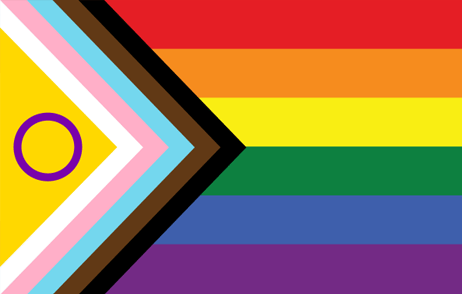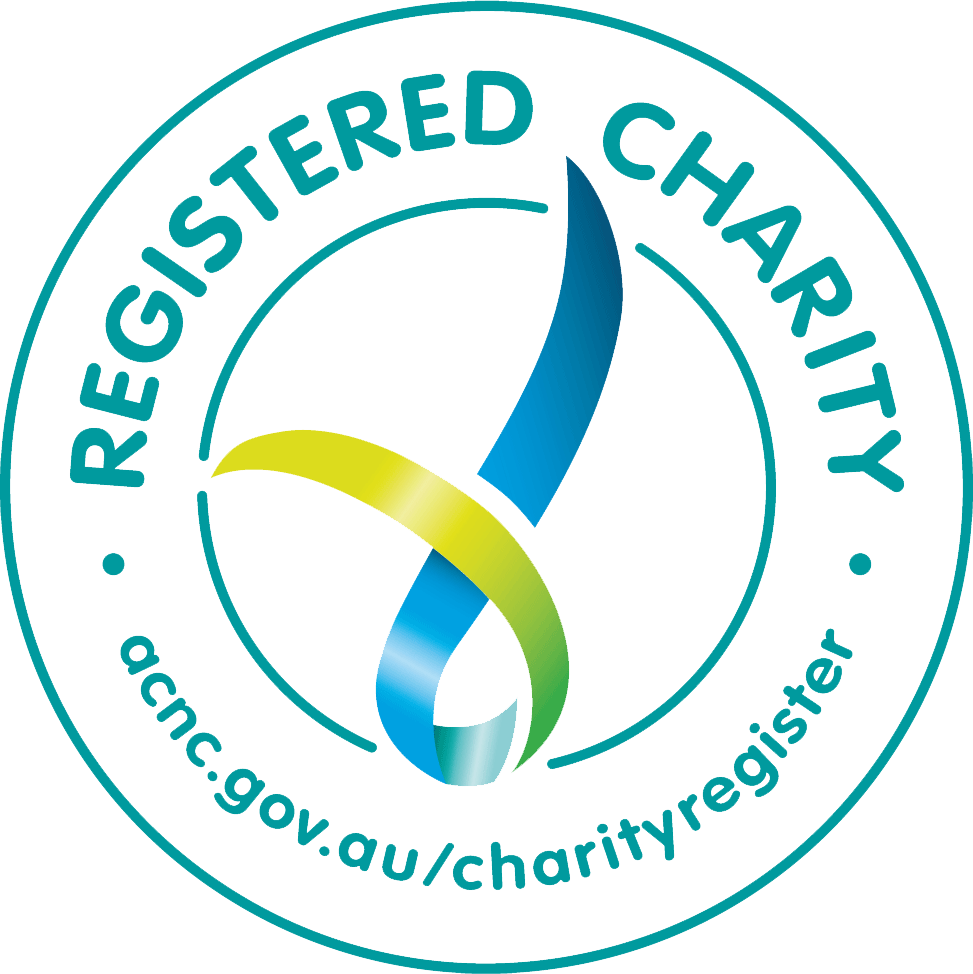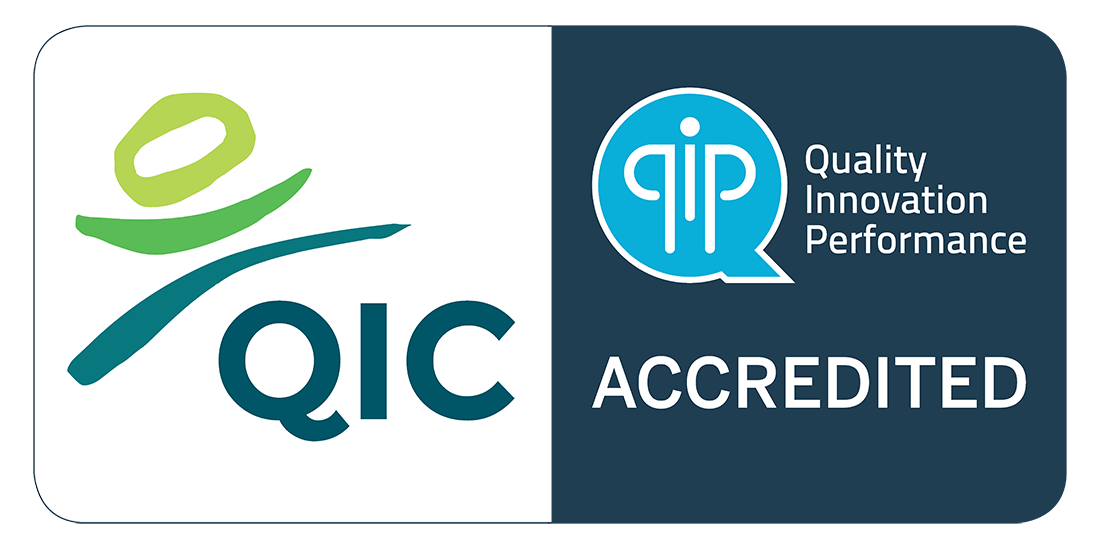Emergency foster care provides a safe and nurturing place for children and young people who need immediate protection. When there are serious concerns for a child’s safety, emergency carers step in, often at very short notice, to offer stability and reassurance in what can be a frightening and uncertain moment. Placements can last from a single night to a couple of weeks, providing vital support while longer-term care arrangements are made. It’s about opening your home and your heart when a young person needs it most, ensuring they feel secure, valued, and cared for, even in times of crisis.
Emergency Foster Care
Become an emergency foster carer and give a child safety, comfort, and stability when they need it most
What is Emergency Foster Care?
1 NIGHT UP TO 2 WEEKS:
Being an emergency foster carer means being ready to respond at any time, day or night, to provide comfort and stability to a child who may arrive with little more than the clothes they’re wearing. It’s a role that calls for compassion, flexibility, and calm under pressure. While the duration of care is short, the impact is lasting: you become a crucial bridge to safety and hope, giving a young person the chance to breathe, feel safe, and begin to heal as the next steps in their care are arranged.
Your Journey to Becoming an Emergency Foster Carer
Step 1.
Enquiry
Starting Your Fostering Journey
When you first reach out to Lighthouse Foundation about becoming an emergency foster carer, you’ll begin by completing an enquiry form on our website or through Fostering Connections. One of our team members will call you to chat about your interest in fostering — including what type of care you’re drawn to, what’s involved, and any questions you may have.
This conversation helps us understand your circumstances and determine initial eligibility. Afterwards, we’ll send you an email with helpful resources and next steps.
Step 2.
Application
The Formal Process
If you’re ready to take the next step, we’ll send you an application pack that includes a form, a Lighthouse brochure, and details about background checks (such as a WWCC and Police Check). You’ll also be asked to provide three referees who know you well. If you need help with the paperwork, our team will happily support you.
Step 3.
Initial Visit
Getting to Know You
After receiving your application, we’ll arrange an initial home visit. This is a relaxed, friendly meeting where we get to know you and your household — and you get to learn more about Lighthouse and our therapeutic care model.
Together, we’ll look at your home environment, discuss safety standards, and explore how to create a calm, safe space for children and young people who may arrive in crisis and need immediate care.
Step 4.
Training
Preparing for Your Role as a Short Term Carer
All foster care applicants in Victoria take part in Shared Lives training, developed by the Association of Children’s Welfare Agencies (ACWA) and the Centre for Community Welfare Training (CCWT).
This interactive training helps you understand:
- Why children and young people enter foster care
- How trauma and stress can affect behaviour and development
- How to respond with empathy and therapeutic care
- The importance of cultural respect and connection
- The impact of caring on you, your family, and your wellbeing
Even if you’re still deciding whether emergency foster care is right for you, training offers a real insight into what it means to provide care — and it’s a great way to connect with other like-minded people.
Step 5.
Assessment
Evaluating Your Suitability
Next comes the Step by Step (SxS) assessment — a thoughtful, conversation-based process that explores your experiences, values and motivation to foster.
You’ll have 4-5 sessions with a Lighthouse assessor, where we’ll talk about topics such as resilience, relationships, child-centred care, and supporting connection to family and culture. These conversations are always handled with empathy, privacy, and respect.
An Aboriginal Advisor will also review your assessment to ensure cultural safety and suitability for caring for Aboriginal children and young people.
Step 6.
Accreditation
Becoming an Approved Carer
Finally, your assessor will prepare a report to share with an accreditation panel, which includes Lighthouse staff, an experienced foster carer, and representatives from the Department of Families, Fairness and Housing. You’ll be invited to meet the panel, share your story, and ask any questions. Many carers find this to be an affirming and inspiring experience.
After the panel review, you’ll be informed of the outcome, and if approved, you’ll officially become an accredited emergency foster carer — ready to provide safety, care, and stability to children and young people when they need it most.
FAQs about Emergency Foster Care
Here are some of the most common questions people ask when considering emergency foster care with Lighthouse Foundation. We hope this information helps you in your decision-making process.
How quickly can I be contacted for an emergency placement?
Every day of the week, children and young people may require foster care placements. Foster Carers can be contacted by Lighthouse at any time during Monday to Friday 9am to 5pm. For Emergency Foster Carers, they also nominate themselves to be available for urgent phone calls outside of these hours, which can mean they would be contacted anytime within a 24 hour day and be willing to accept a child into their home. When you are contacted for a new placement, a child or young person would generally need to arrive that afternoon or evening.
What should I expect when a child arrives with little to no belongings?
Sometimes children and young people will arrive at your home with little to no belongings. As a Foster Carer, it would be expected that a welcoming bedroom be set up for a child or young person before their arrival. Many carers ensure that they always have some key items available; this can include a toothbrush and personal care items, a variety of clothing and pajamas, books and toys. For carers who support little ones, bottles and nappies are helpful to have on hand. Lighthouse can support new carers in setting up their homes to be able to support a child when they arrive, this can also include arranging for some essentials to be picked up on the same day.
How do emergency carers manage the uncertainty of placement duration?
Emergency carers are supported to focus on providing a safe environment for a child or young person who may be in crisis, and themselves be feeling very uncertain in the new environment. Lighthouse will navigate this with carers, helping build confidence, keeping you informed as changes arise, and help to sit with feelings of uncertainty. This does require compassion and flexibility to support children to feel safe in an unfamiliar home. The Lighthouse team provides many opportunities for check in, reflection and debriefing to support this journey.
What support does Lighthouse Foundation provide during and after emergency placements?
During an emergency placement, a Lighthouse Therapeutic Case Manager will support you and the child/ young person in your care. This involves regular home visits, phone call support and meetings with the care team. Lighthouse Clinicians are available for reflective sessions both during and after a placement. Regardless of the length in time for a placement, the Lighthouse team will support you using a trauma informed and child focussed approach.
Can emergency foster care lead to longer-term or emergency fostering roles?
Yes, it is common for placements to be set up in an emergency, or for a short duration and lead to short or long term care. This is something that is discussed between Lighthouse and the carer when commencing the placement. For some carers this is a suitable arrangement, and for others who are only able to provide care for a few days at a time, this is still very valuable while care planning occurs for the child’s next transition.
What training helps carers cope with the emotional challenges of emergency fostering?
All Foster Carers will be trained in Shared Lives during their assessment and accreditation. Following this, Lighthouse offers a unique training called Healing Connections and delivers monthly group reflective sessions for carers to join together to reflect, learn and grow throughout their experience of caring.
How are emergency placements matched to carers?
All placements are matched depending on multiple factors. This includes carer availability, household dynamics, strengths and capacity. When determining a placement, Lighthouse will contact you to discuss the child and young person, their needs and how long the placement is required. This is an opportunity to explore together whether the placement is the right fit at that point in time.
What happens if an emergency placement is extended unexpectedly?
Foster Care can be unpredictable in nature, and does require some flexibility in managing these changes along the way. If a child or young person requires their placement to be extended, Lighthouse will discuss this with you, and identify what supports may be required to support this extension. If the placement is unable to be extended, that is okay too, we will work with you to transition the young person to their next carer.
What resources and community supports are available for emergency carers?
All Foster Carers can access external support through the Foster Care Association of Victoria, as well as training opportunities through Carer Kafe.
How involved will I be with the child’s family or other professionals during an emergency placement?
As soon as a placement commences, Lighthouse will be involved to support you as a carer, and Child protection will oversee the case planning for the child. Lighthouse act as your agency on your behalf, and you may also interact with other professionals who may be linked to the child including health professionals or their education facility. Even emergency carers are involved in meetings and care planning discussions to ensure the best interests of the young person are at the centre.
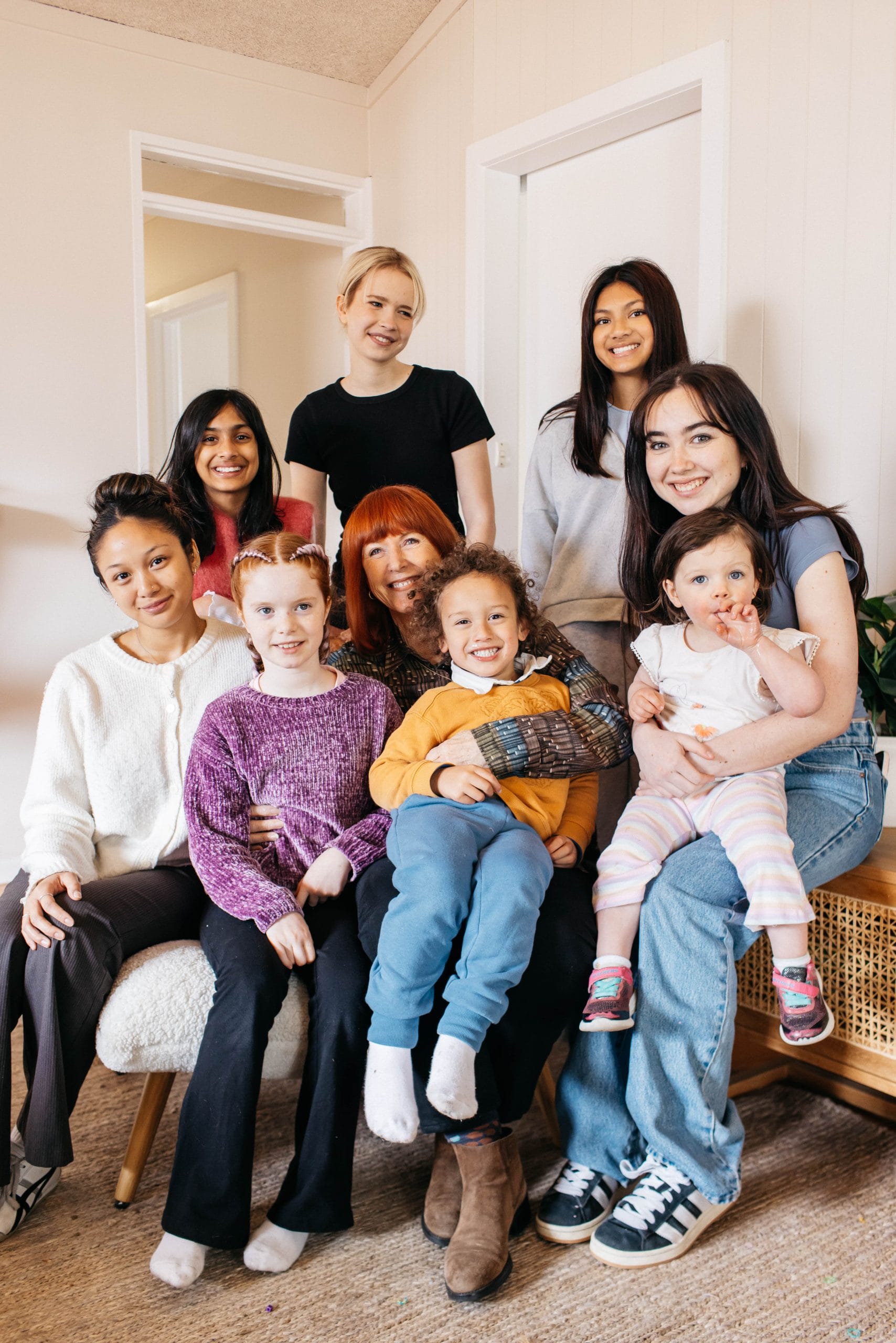
Foster care
Enquire about becoming an emergency foster carer today
Lighthouse is in urgent need of foster carers who are willing to help better the lives of vulnerable children in the northern and southern Melbourne regions.
We are looking for people from all walks of life, who are willing to open their hearts and their homes to children who urgently need care.
We recognise that the fostering journey is not always easy, but at Lighthouse we ensure that we are with you every step of the way. We care for you, so you can care for them.
Enquire here
Our Foster Carers’ Stories
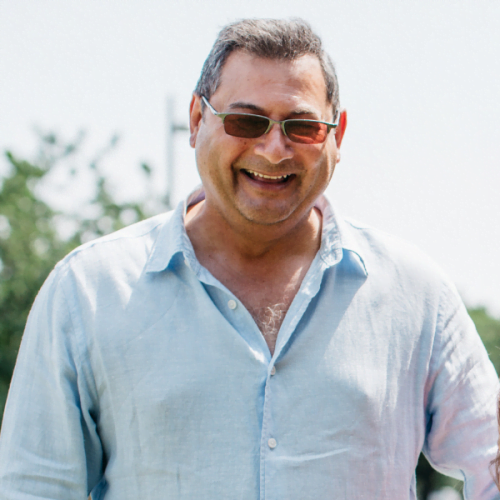
“They helped me with group and one to one sessions with a clinician. I really felt supported.”
James had previous experience in other states before coming to Lighthouse, his work meant that he needed to move to Victoria so when he made the move, he contacted us about becoming a Carer.
After his training and accreditation, he met Terry and 8-year-old boy and started a short term placement. Because of Terry’s experiences before coming into care, he often responded in ways to express his trauma. This could at times be challenging and difficult for James. Terry would often be bouncing around, unable to stay still. When he found things tough, he tried to break things, throw them and call James names.
To support James, Lighthouse Therapeutic Carers went into the home 3 nights per week. They role-modelled ways that James could respond to Terry using play, curiosity, acceptance and empathy. Sometimes our Therapeutic Carers looked after Terry so James could have a break.
Terry would also stay with us in our Hub Home every second weekend and engaged in the Lighthouse community through activities and events where he was able to meet and spend some time with other young people in care. Terry started to feel he had a place he belonged.
James said that ‘I found some days really tough but was able to contact one of the team at Lighthouse to talk through how I was feeling, and they helped me by taking part in group reflective spaces and one to one sessions with a clinician. I really felt supported.’
James was committed to showing Terry that despite the hard times, he was there for him and was not going to leave. This commitment and patience showed Terry that he could trust James and he started to feel safety in their relationship, and slowly started to realise he did not need to push and test whether James would always be there for him.
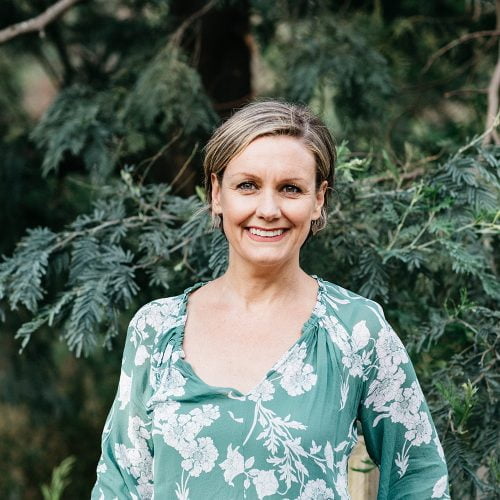
“The training I received was helpful in understanding how to respond to children in a trauma-informed way, learning patience is key.”
Clare has been caring for children in foster care for the past 10 years. As a single woman, she sought out Lighthouse after researching local agencies and enquired with us highlighting an interest in our Model of Care and support available for Foster Carers. Clare was new to the foster care system in Victoria, so she was asked to complete a new assessment.
Clare said that she was really impressed with Lighthouse’s professionalism, throughout the whole process since putting in her application. ‘I really felt Lighthouse was clear and approachable’ Our care team provided timeframes and answered all her questions and Clare told our team ‘I was very impressed with Lighthouse’s therapeutic approaches to caring; I felt a sense of a real team approach in the program. The training I received clarified how to respond to children in a trauma informed way, learning patience is key, which really helped reflect on previous experiences and how I can continue to grow and learn.’
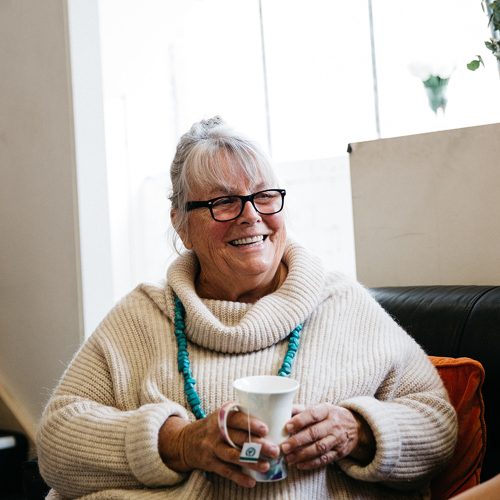
“For me, fostering was never a question of if, but a question of when.”
It all began when I was given a foster care pamphlet 20 years ago and since then I’ve never looked back. I was a young mum of two, who were under the age of two, and I felt an overwhelming sense of gratitude – we had everything we could ever need. I wanted to give back on a personal level and provide a sense of giving that would be a guiding value to our family.
My biological children knew no different – they had foster siblings that would stay for varying lengths of time and they knew that how we helped each would need to be different. They learned compassion and patience and that love is simply love. Our family adopted a very special boy, Alex, at the age of two and he holds equal amounts of space in our hearts, as we hold for each other.
Reflecting back on some of the foster placements we took on at places other than Lighthouse, we weren’t provided with much detail prior and there was an absence of trauma-informed training and ongoing psychological support. That is what sets Lighthouse apart.
Had we been better prepared to deal with each child’s individual needs and experiences and had foster family matches been considered with the same rigor as Lighthouse, I think we could have been more effective in helping to heal and grow these children like we did with Alex. Had our program offered the lifelong extended family network that Lighthouse does, we’d know that each foster child we cared for would always have someone walking alongside them, during both the highs and lows of their life.
I do believe that foster children in Lighthouse’s programs are far more likely to rebuild and maintain relationships with their birth families, which is the ultimate goal of fostering.
Lighthouse recognises those who so deeply want to care for these vulnerable children and young people in the way they deserve, and they build training and support around them so they can fulfil that goal. No other fostering program leans in like Lighthouse does. I truly believe what they provide makes the most impactful difference for everyone involved – all members of foster families, birth families, the community and society more broadly.



